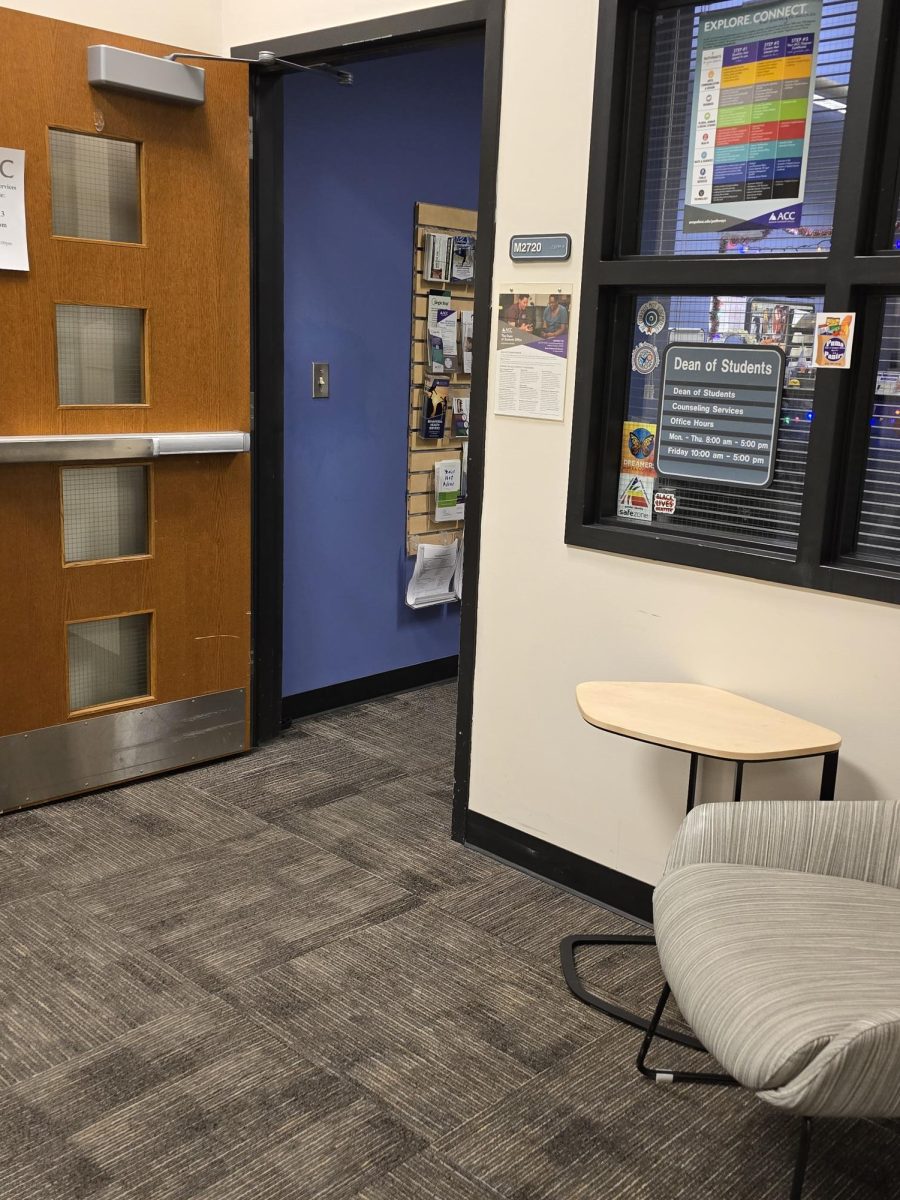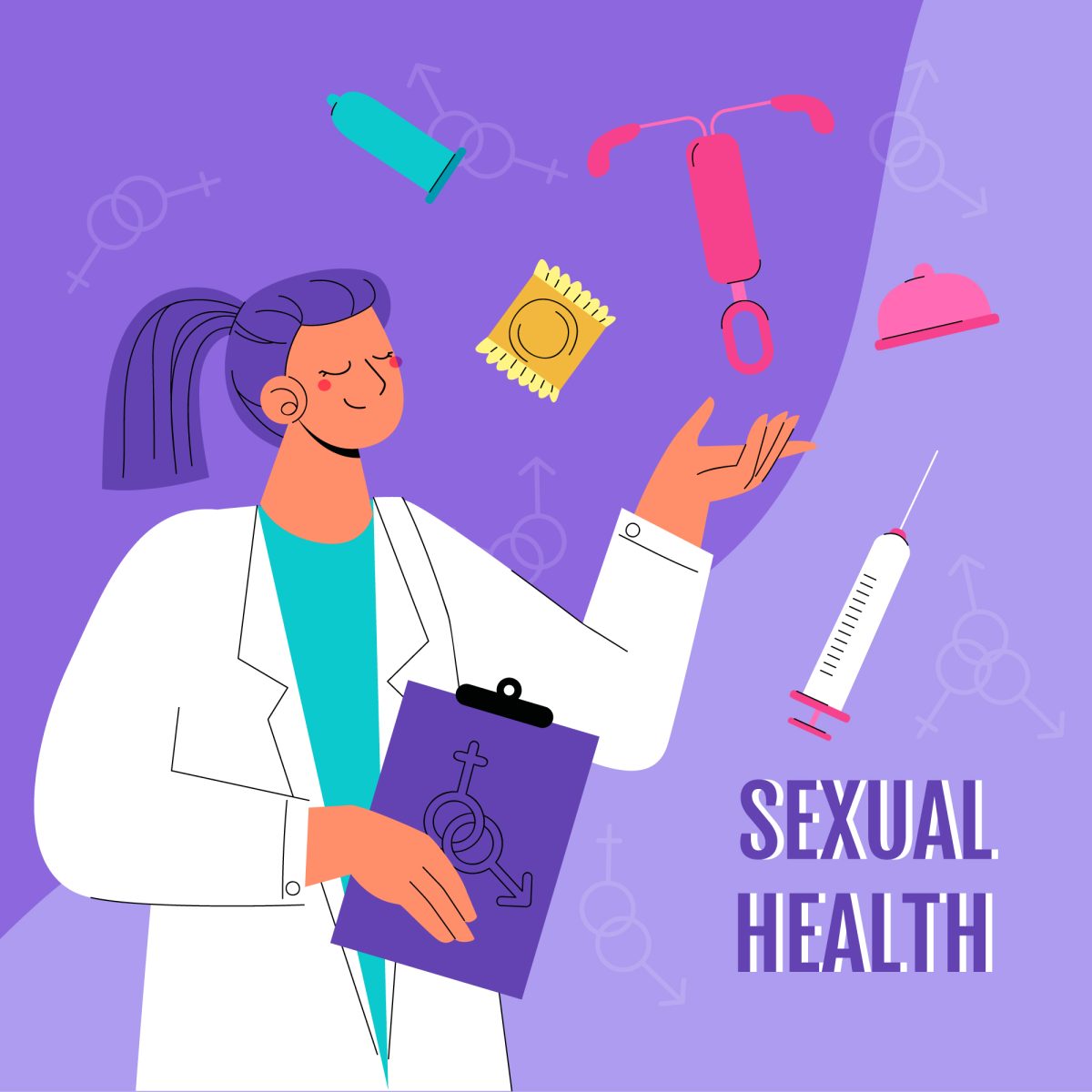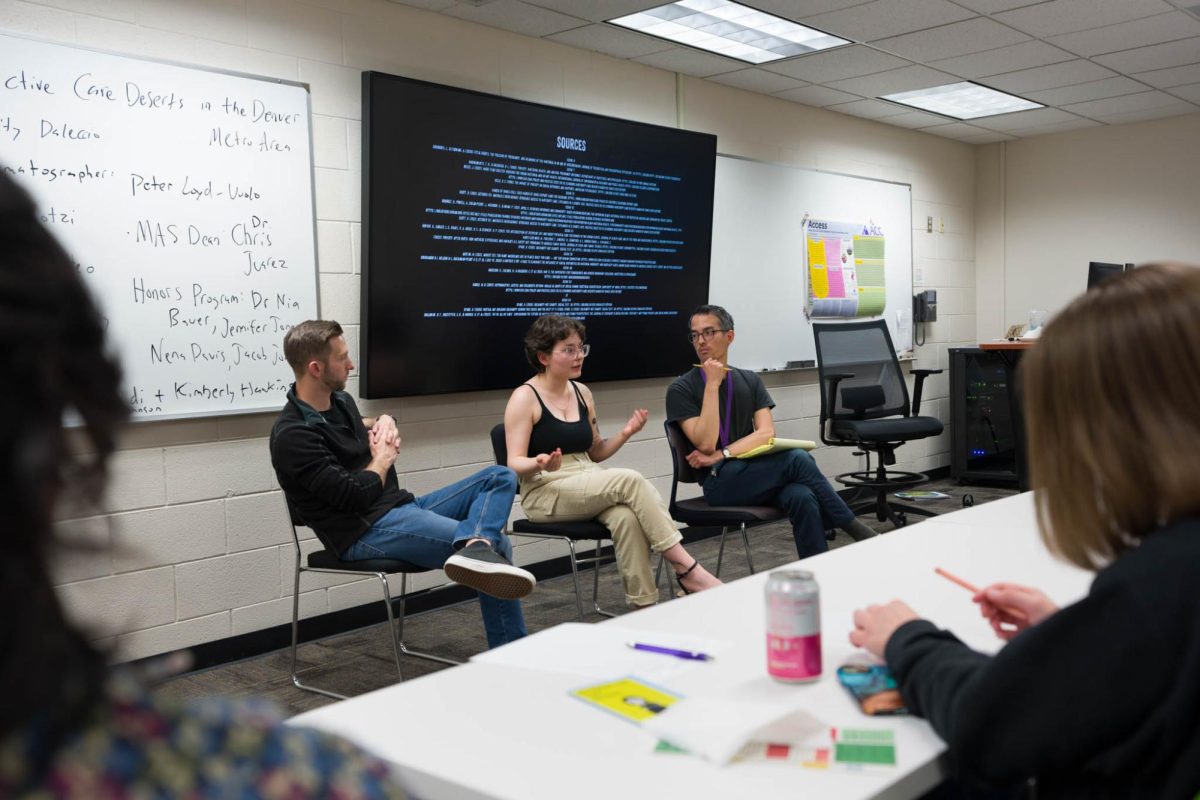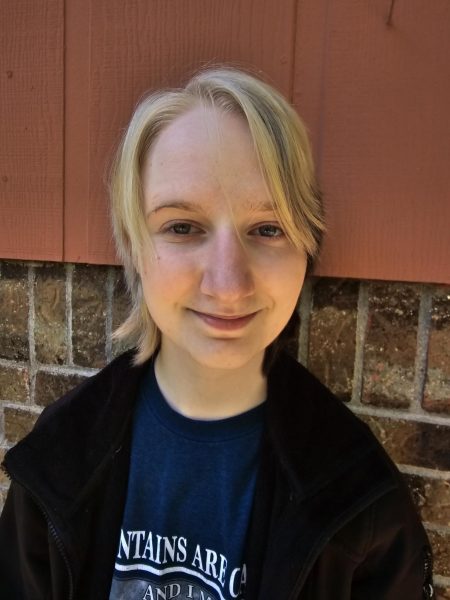Managing mental health is something everyone needs to do at some point, especially college students, with over 70% struggling with their mental health after starting college. ACC has a multitude of things put into place to help students with this. Most of this comes from the Dean of Students, including the counseling services, and the case management program. Together, they work to ensure that students at ACC have access to anything they need to help manage their mental health.
ACC’s counseling services provide students with the opportunity to have one on one counseling with one of ACC’s counselors, either virtually or in person. It offers up to 8 free sessions, with the intake form for these sessions available on the counseling services page, along with information about each counselor. ACC also has emergency mental health assistance phone numbers available to contact on this page, so students who need immediate help and cannot wait for an appointment with a counselor have access to the help they need. ACC also can refer students to BetterMynd for online counseling.
“Get all the support you can, don’t hesitate to come here,” Lane Trujillo, one of the counselor’s at ACC, said. “Make an appointment, one of us can generally see you within a week. So if you’re having any concerns, or maybe you’re feeling kind of on edge, maybe having some sort of suicidal ideations, anything like that? Do not hesitate to come in.”
In addition to the counseling services, the case management program also provides a variety of services. Case management focuses on helping students with crises outside of the classroom that may be causing additional stress or otherwise be negatively impacting mental health and ability to perform normally at school. There are three case managers at ACC, each focusing on a different aspect of this. Ashlie Cogburn oversees high needs crisis and conduct, while Josephine Thibodeau oversees extenuating circumstance appeals and physical health concerns, and Julie Bruce oversees essential needs and the food pantry, available in the Dean of Students Office.
“Not many conversations surprise me, I’ve heard all types of things, and just helping students feel comfortable,” Cogburn said. “If they want to talk about their suicidal ideation. If they want to talk about that they were recently sexually assaulted. If they want to talk about they’re homeless or on the verge of being misplaced out of their home. If they want to talk about coming out, or financial insecurities, there’s health concerns, there’s so many things that happen outside of the classroom.”
While all of this covers a variety of needs and circumstances, there is always room to improve. While there are no current concrete plans, both students and staff members have ideas for additions they would like to see in the future.
“I don’t think that enough students know that mental health services are provided, so more advertising of these would be great,” an anonymous ACC student said.
In addition to more advertising to let students know these services are available, there is also room to grow when it comes to the staff on hand available to help with mental health. As of now, all of ACC’s counseling staff and case management staff are located primarily on ACC’s main campus in Littleton, although there is an associate Dean of Students recently hired to primarily serve Sturm campus, and a case manager travels to Sturm once a week.
“It is still my dream to get more, or to get a physical person at our Sturm Collaboration Campus,” Cogburn said. “And I just want to ensure that our Sturm students feel supported, and not just siloed as a separate campus. I do believe we are one college, and one institution with two campuses, well three campuses, our latest campus as well. I just want to ensure they have more access to a physical component of a counselor instead of having to drive either to Littleton or to do a virtual session. So I know there’s still a lot of opportunity for that to happen, and I’m gonna continue to keep reaching for that dream. So it hopefully comes true. And just letting our students know it’s okay, it’s okay to not be okay, and we’re here to help you.”










